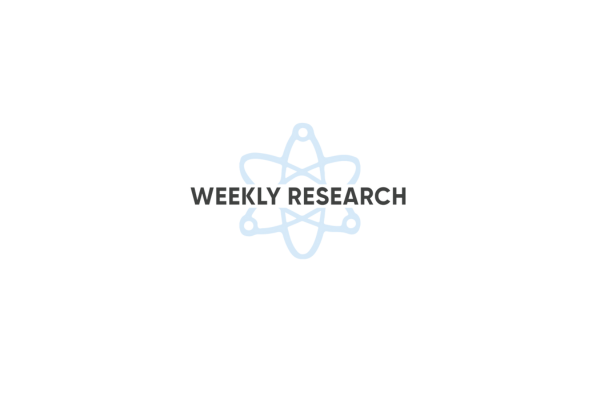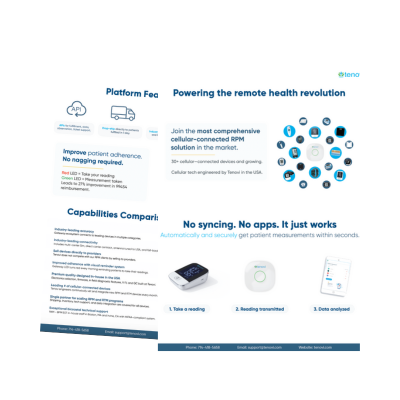As telemedicine and remote patient monitoring (RPM) continue to gain ground in healthcare delivery, new research is shedding light on their impact across a variety of chronic and high-risk conditions. While much attention has been given to access and cost, a growing body of evidence is exploring how these digital tools influence patient medical adherence behaviors, from medication routines to care plan engagement.
This article highlights recent findings from studies on heart failure, mental health, hypertension, and pulmonary arterial hypertension (PAH), revealing how telemedicine programs — whether app-based, video-driven, or device-enabled — are helping patients stay on track with their treatment and enabling care teams to intervene earlier. The results are mixed in some areas but offer clear signs of progress, especially when digital health tools are personalized and well-integrated into care workflows.
Telemedicine and Patient Medical Adherence
A recent study published in JMIR Cardio examined whether telemedicine visits influence medication adherence among patients with heart failure. Using a retrospective cross-sectional approach, researchers analyzed data from 9,521 patients. The study found no significant difference in medication adherence between telemedicine and in-person visits.
Patients in both groups had similar rates of adherence, with a mean proportion of days covered (PDC) of approximately 0.81. These findings suggest that telemedicine visits may be as effective as in-person visits in maintaining medication adherence for heart failure patients. Given the added convenience and reduced transportation barriers, telemedicine presents a viable alternative for ongoing heart failure management.
Telemedicine and Patient Medical Adherence
Telemedicine interventions have shown promise in improving adherence for mental health conditions. Recent studies have found that digital tools can improve medication adherence, from automated reminders to video calls with healthcare providers. One clinical trial involving 1,588 patients assessed patient medical adherence to medicine in mental health care and the impact of digital tools such as automated reminders and video consultations with providers. The study found a modest but statistically significant improvement in adherence, particularly for patients with depression.
Hypertension Control: Bridging Gaps in Care
A third study addressed the challenge of patient medical adherence for 100 patients unable to manage hypertension despite cardiologist intervention. The research focused on remote blood pressure monitoring, pharmacist-led video visits, and support from community health workers.
With RPM and support, patients significantly decreased their blood pressure—20 points for systolic and 8 points for diastolic. However, only half reached the recommended goal of under 130/80 mmHg. The study identified factors associated with blood pressure control, including greater medication adherence, diabetes, and competing health priorities. Notably, no association was observed between social determinants of health and blood pressure control.
Patient Medical Adherence in PAH Management
A third study explored patient medical adherence and patients with pulmonary arterial hypertension. This research used an app for health tracking, educational content, medication reminders, and health coaching. Researchers engaged 53 patients across five hospitals in Spain and evaluated the program’s impact on quality of life, clinical outcomes, and patient satisfaction.
There were no significant improvements in quality of life or clinical outcomes. However, patient engagement with the digital tools was exceptionally high. It was found that 96% of patients logged health activities in the app. About half completed at least two levels of educational content. Most patients used the app consistently every month and reported steady communication with a health coach. Moreover, 92% expressed satisfaction with the program and 95% expressed a willingness to recommend it to others with pulmonary arterial hypertension.
Understanding Telemedicine’s Role in Adherence
These studies collectively highlight the potential of telemedicine to support medication adherence across multiple conditions. While telemedicine may not always lead to statistically significant improvements, it offers convenience and accessibility that can help maintain adherence rates comparable to in-person care.
For more weekly insights on emerging telemedicine research studies, scroll down now to subscribe to Tenovi’s Weekly Research Round-Up. If you are part of a chronic care management, telehealth, or RPM software and services company, explore Tenovi RPM solutions. Book your free demo and consultation with us today.


